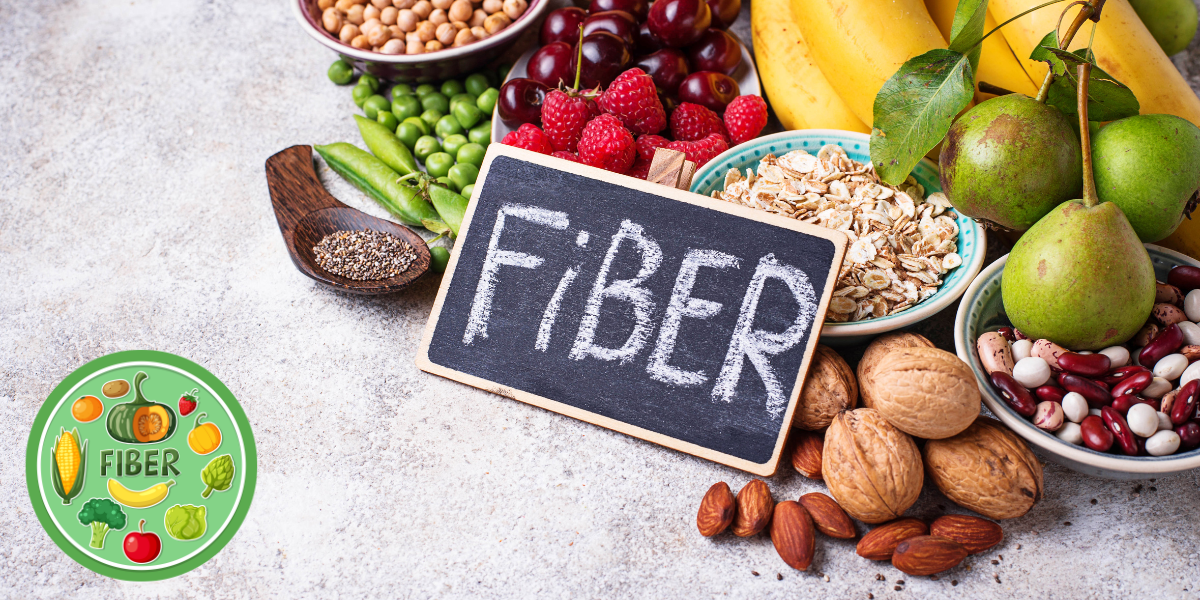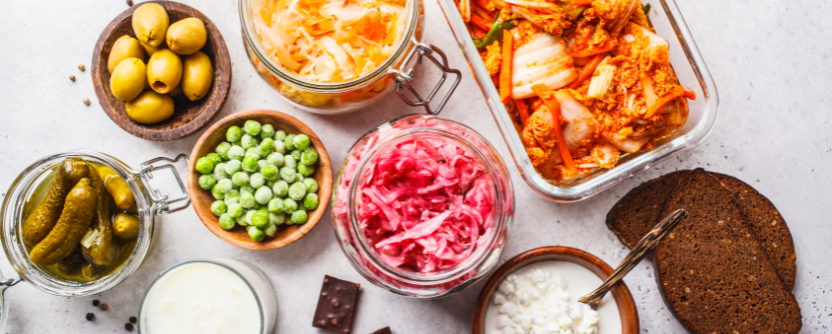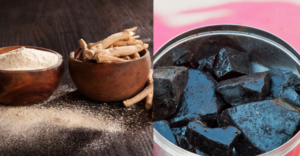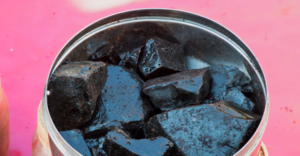In today’s fast-paced world, maintaining a healthy diet is more important than ever. Including the right nutrients in your meals can make a significant difference in your overall well-being. Two key components that often go unnoticed but are essential for a balanced diet are fiber and fermented foods. This blog will guide you on how to easily incorporate more fiber and fermented foods into your daily meals and explain why they are so beneficial for your health.
Why Fiber is Essential for Your Diet
Fiber is a type of carbohydrate that the body can’t digest. It helps regulate the body’s use of sugars, keeping hunger and blood sugar in check. There are two types of fiber: soluble and insoluble. Both types are crucial for a healthy diet, but they work differently in your body.
- Soluble Fiber: Dissolves in water and helps lower glucose levels and blood cholesterol. Good sources include oats, beans, and apples.
- Insoluble Fiber: Does not dissolve in water. It helps food move through your digestive system, promoting regularity and preventing constipation. You can find it in whole grains, nuts, and vegetables.

How to Increase Fiber Intake
Adding more fiber to your meals doesn’t have to be challenging. Here are some simple tips to boost your fiber intake:
- Start Your Day with Whole Grains: Opt for a breakfast that includes whole grains like oatmeal, whole wheat toast, or a high-fiber cereal.
- Include Fruits and Vegetables: Make sure half your plate is filled with fruits and vegetables. They are excellent sources of fiber.
- Snack on Nuts and Seeds: Almonds, chia seeds, and flaxseeds are rich in fiber and make for a healthy snack.
- Add Legumes to Your Meals: Beans, lentils, and peas are fiber-rich and can be added to soups, salads, or as a side dish.
The Benefits of Fermented Foods
Fermented foods are not only tasty but also packed with probiotics—live bacteria that are good for your gut health. Probiotics help balance the bacteria in your digestive system, improve digestion, and even boost your immune system.
- Improved Digestion: The probiotics in fermented foods can help break down food and absorb nutrients more effectively.
- Enhanced Immune System: A healthy gut is linked to a stronger immune system, making fermented foods a great addition to your diet.
- Better Mental Health: Emerging research suggests that gut health is linked to mental health, meaning fermented foods could also benefit your mood and cognitive functions.
Easy Ways to Add Fermented Foods to Your Diet
Incorporating fermented foods into your diet can be easy and delicious. Here are some ideas:
- Enjoy Yogurt for Breakfast: Yogurt is one of the most popular fermented foods. Look for brands that contain live and active cultures.
- Snack on Pickles: Pickles made through fermentation are not only tangy and flavorful but also good for your gut.
- Add Sauerkraut or Kimchi to Your Meals: These fermented vegetables can be added to salads, sandwiches, or eaten as a side dish.
- Try Kombucha: This fermented tea is a refreshing drink that is rich in probiotics.
Conclusion
Incorporating more fiber and fermented foods into your diet is a simple and effective way to boost your health. Fiber helps keep your digestive system running smoothly, while fermented foods support gut health and overall well-being. By making small changes to your daily meals, you can enjoy the numerous health benefits these foods have to offer.
Also read : Best Full Body Dumbbell Workout to Enhance Fitness.














Is Fiber is goof for weight loose?/